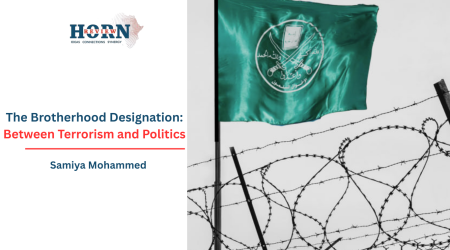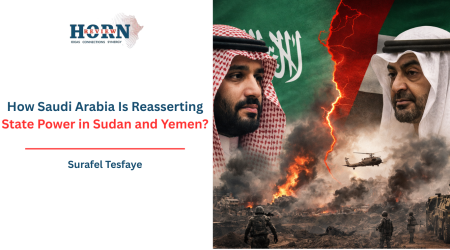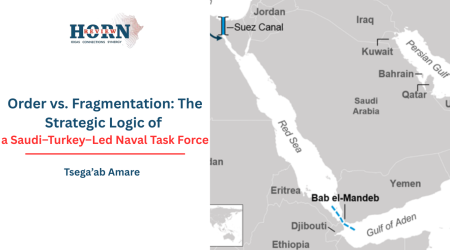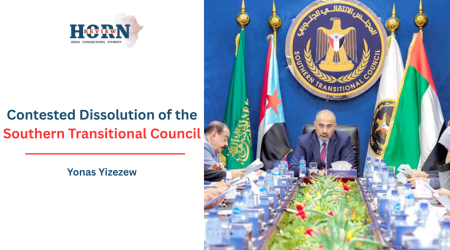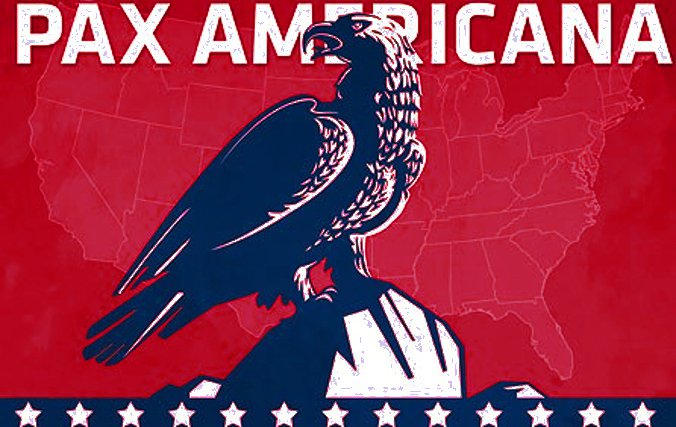
7
Apr
The End of Pax Americana, the Rise of New Powers, and Africa’s Place in a Multipolar World
The world is experiencing a significant shift. The period known as Pax Americana, a time of relative peace and stability under U.S. leadership, is coming to an end. In its place, a new multipolar world order is emerging, fuelled by the rise of both traditional and new challengers to the West, such as Russia and China. This shift has major consequences for Africa, a continent that has often fallen victim to external forces. As the global landscape changes, Africa is presented with both unique opportunities and formidable challenges. It is more crucial than ever for the continent to adapt to the new dynamics of international relations.
Pax Americana, or American peace, refers to the era of relative stability that followed World War II, led by one of its victors, the United States. Emerging from the war as an economic and military powerhouse, the U.S. established a liberal international order supported by institutions like the United Nations, the International Monetary Fund, and the World Bank. These organizations promoted democracy, free markets, and collective security, while also granting the U.S. considerable influence over other nations. During the Cold War, the U.S. reinforced its global influence through alliances such as NATO, economic programs like the Marshall Plan, and the exportation of American liberal culture. The collapse of the Soviet Union in 1991 marked the peak of American dominance, often referred to as the “unipolar moment,” with the U.S. standing as the world’s sole “hyperpower.”
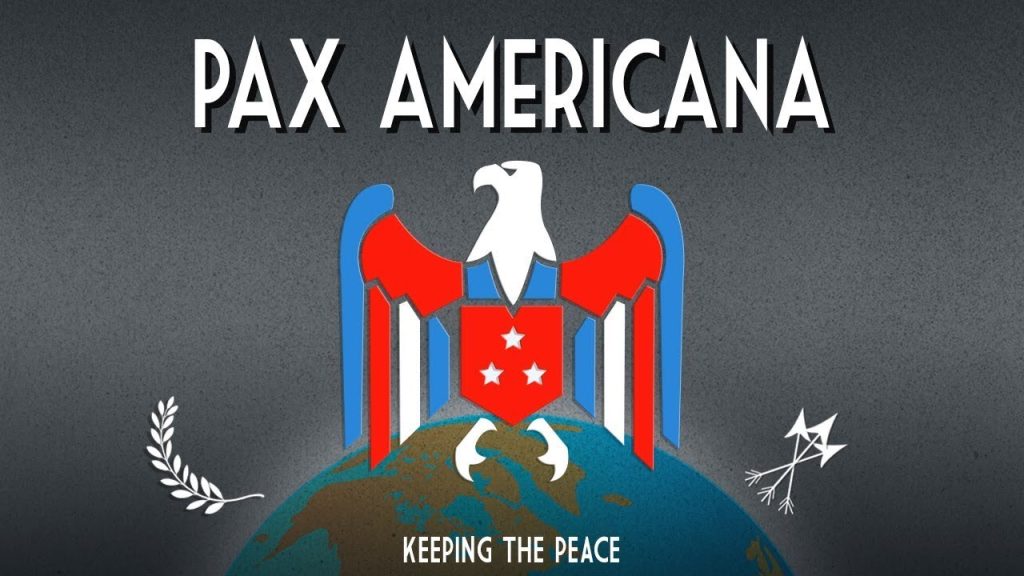
However, this dominance was short-lived. By the early 21st century, both internal and external pressures began to erode Pax Americana. Within the U.S., economic difficulties, political divisions, and military overreach took their toll. The 2008 financial crisis, which began in the U.S., revealed weaknesses in the global economic system and triggered a worldwide recession. By 2024, U.S. public debt had exceeded $35 trillion, limiting its ability to maintain global commitments. Political polarization, evident in the stark divide in political views among both the political class and the American public, weakened America’s image and global authority. Meanwhile, costly and prolonged conflicts in Afghanistan and Iraq, culminating in the chaotic withdrawal from Afghanistan in 2021, signalled a retreat from its role as the world’s police.
As the United States’ global influence wanes, China and Russia have emerged as key players, reshaping the international landscape through their economic, military, and diplomatic manoeuvres. China’s evolution from a developing country in the 1980s to the world’s second-largest economy was unprecedented. Since Deng Xiaoping’s reforms in 1978, China’s GDP has consistently grown by an average of 9% per year, accounting for 18% of the global GDP by 2023. The Belt and Road Initiative (BRI), a $1 trillion infrastructure project initiated in 2013, extends across more than 140 countries, solidifying China’s global presence, including $200 billion in investments in Africa. On the military front, China’s defence budget of $230 billion in 2023 supports the largest navy in the world and advanced technologies like hypersonic missiles. Diplomatically, China advocates for a multipolar world of “sovereign equals,” offering partnerships to Africa through platforms like the Forum on China-Africa Cooperation (FOCAC).
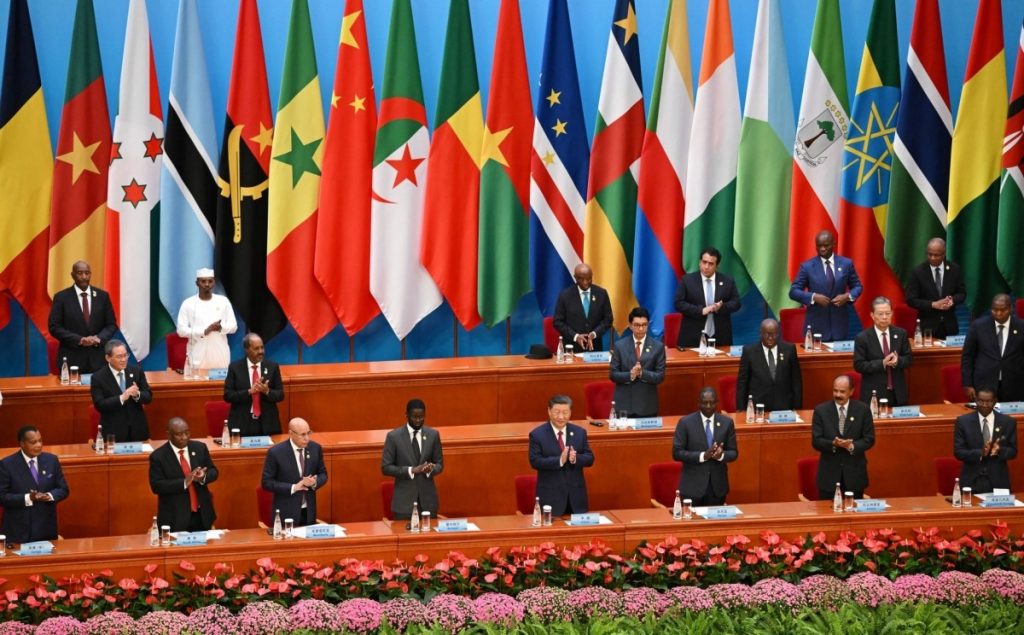
African leaders at the opening ceremony of the Forum on China-Africa Cooperation (FOCAC) in Beijing, China. September, 2024. 📸 Credit: Al Majalla
Russia, while not as economically strong, leverages its military power and strategic opportunism. Its annexation of Crimea in 2014 and the invasion of Ukraine in 2022 challenged the Western-led order, while the Wagner Group enhances its influence in African countries such as Mali. With 20% of the world’s natural gas reserves, Russia uses energy as a geopolitical instrument, particularly in Europe. In the Middle East, traditional Western allies are less inclined to follow U.S. leadership. With growing influence in their region and neighbouring areas in Africa and Asia, Arab nations like the UAE are pursuing a more independent foreign policy, distancing themselves from Western leadership.
Moreover, the global political economy, which depends on the dollar and institutions like the World Trade Organization and the World Bank, is encountering increasing challenges from the BRICS alliance. This coalition, with China and Russia as key players, is actively advocating for a different economic model that questions the financial governance dominated by the West for decades. By pushing for reforms that offer more representation and decision-making authority to emerging economies, BRICS aims to weaken the dominance of the Bretton Woods system. Their initiatives include creating new financial systems to lessen dependence on the dollar and developing institutions to compete with existing ones, thereby altering global economic dynamics and indicating a move toward a genuinely multipolar world order.
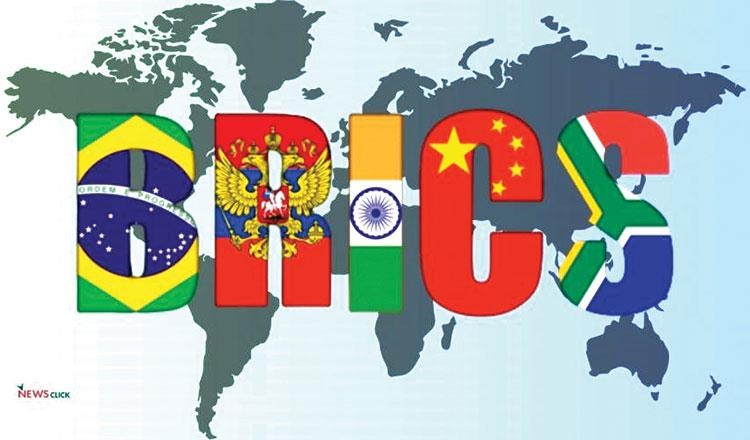
Amidst this turmoil, Africa stands as the most to gain or lose. Historically, the continent has often been caught in the middle of global power conflicts. From the colonial period to the world wars and the Cold War, external powers have frequently exploited the continent’s resources, leaving its people with limited control over their own fate. Today, as the liberal international order transitions to a multipolar world, Africa encounters both new opportunities and challenges.
Without a cohesive and unified plan, African countries face the danger of falling into another cycle of reliance. The diminishing influence of the institutional framework once led by the United States means that Africa no longer operates in an ordered global arena. Instead, the current international landscape is characterized by temporary partnerships and a focus on national self-interest. This change underscores the importance of Africa taking charge of its own destiny. African leaders are now at a crossroads: they can either stick with traditional non-alignment strategies or embrace a more proactive and united approach. Strengthening continental organizations like the African Union and promoting initiatives such as the African Continental Free Trade Area (AfCFTA) can help create a unified and powerful voice. A united Africa is better equipped to negotiate more equitable economic and political agreements and to avoid being marginalized by larger powers.
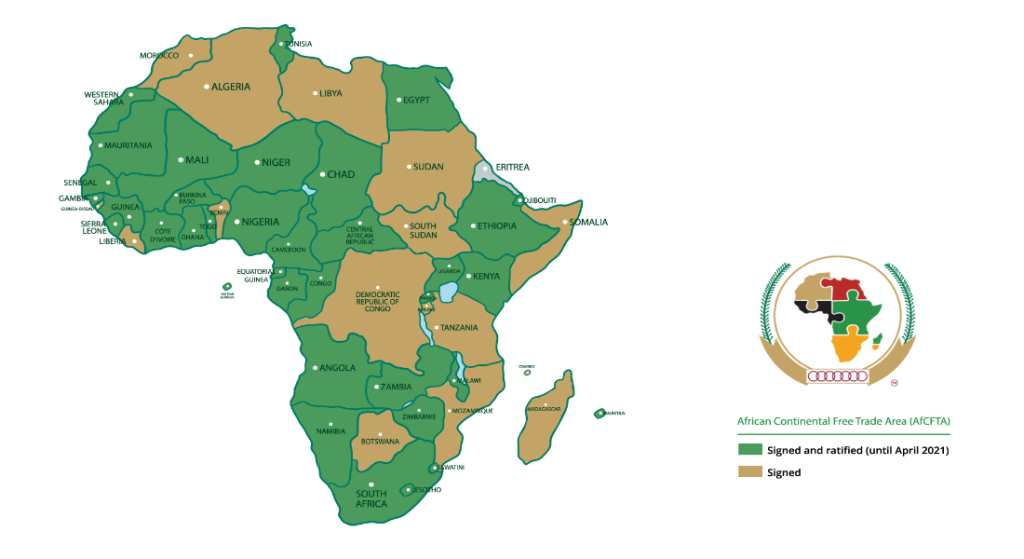
AfCFTA Member States. December 2022 Data. Map by On Policy Africa.
In addition to political unity, there is an urgent need to enhance local economies and industries. Investing in local talent, modern infrastructure, and sustainable development will help ensure Africa’s long-term economic prosperity. With a large, youthful population and abundant natural resources, Africa has the potential to become a significant player on the global stage, if it can overcome past divisions and establish the necessary institutions for collective strength. The declining influence of American-led institutions presents an opportunity for Africa to redefine its international role. However, in a world where power is increasingly distributed among several major players, there is still a risk that African nations could be treated merely as pawns in larger geopolitical games. To avoid repeating past patterns, Africa must adopt a clear, deliberate strategy that emphasizes unity, economic development, and independent policy making.

By Mahider Nesibu, Researcher, Horn Review







